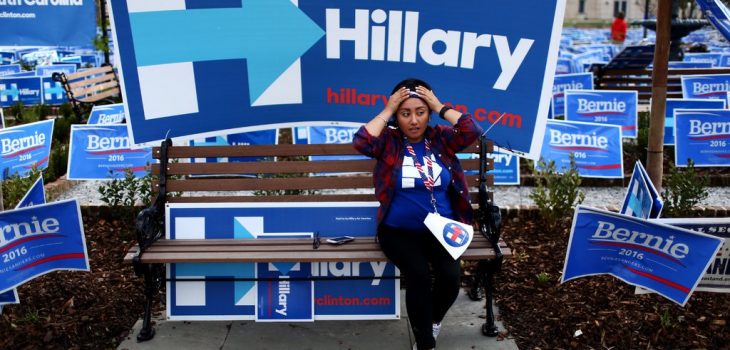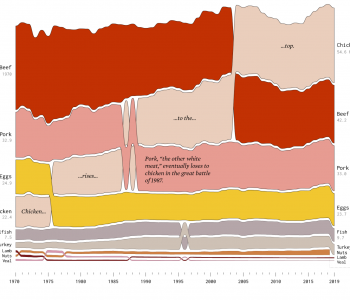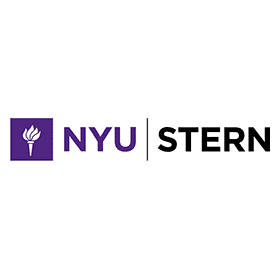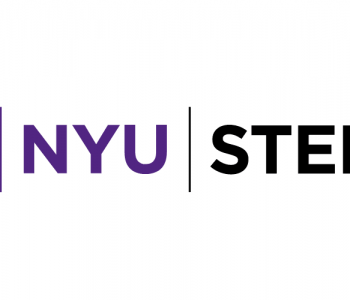 Product Management
Product Management
“Social-desirability bias”
Pollsters refer to this phenomenon as the “shy Trump” effect, or — in academic parlance — a form of “social-desirability bias.” Studies have affirmed that in races where a candidate or cause is perceived as controversial or otherwise undesirable, voters can be wary of voicing their support, especially to a live interviewer.
https://www.nytimes.com/2019/11/23/us/politics/2020-trump-presidential-polls.html
This is an interesting concept that applies more broadly than elections for interviewing for interest in products as well. There are certainly products which people need/want but are often unwilling to disclose (e.g. certain health, financial or “guilty pleasure” items). When interviewing customers this has to be taken into account or else it might product spurious results similar to asking people “how much would you pay for X?”
It sought to combat the shy Trump effect by asking respondents not only how they planned to vote but also how they thought their neighbors would vote — possibly offering Trump supporters a way to project their feelings onto someone else. The AAPOR report posited that the neighbor question could help overcome shyness among Trump supporters, particularly in phone interviews.
This is an interesting technique. A little bit like Net-promoter Score (NPS) where you’re asking about something a bit disembodied to try and glean better results. The “Well, I have this friend…” effect.









